Raspberry Pi Zero Powers 3D-Printed Interchangeable Lens Camera
Get Tom's Hardware's best news and in-depth reviews, straight to your inbox.
You are now subscribed
Your newsletter sign-up was successful
If you can’t buy what you want, sometimes you have to make it yourself, and no group demonstrates that idea better than the Raspberry Pi community. Today we’re sharing a project created by maker Christopher Getschmann who developed not one but two digital cameras from scratch with the help of a Raspberry Pi Zero.
Getschmann is a developer with a huge passion for photography and all of the hardware that goes into making it a reality. A quick look at his blog reveals numerous posts highlighting various cameras from throughout history, with a few 3D-printing and microelectronics projects peppered in, as well.
Both of the cameras designed by Getschmann are operated by a Raspberry Pi Zero and use a Pi Camera V1 module to capture images. They have built-in screens to present a real-time look at subjects before pictures are taken. Because the cameras are using the Pi Camera module V1, they are capable of supporting M12 lenses.
The hardware is mounted inside of a 3D-printed shell that Getschmann designed himself. The housing is held together using magnets, screws and heat inserts. One of the cameras features a walnut panel on the front while the other is entirely 3D printed. They use a power supply PCB that enables support for an 18650 LiPo battery.
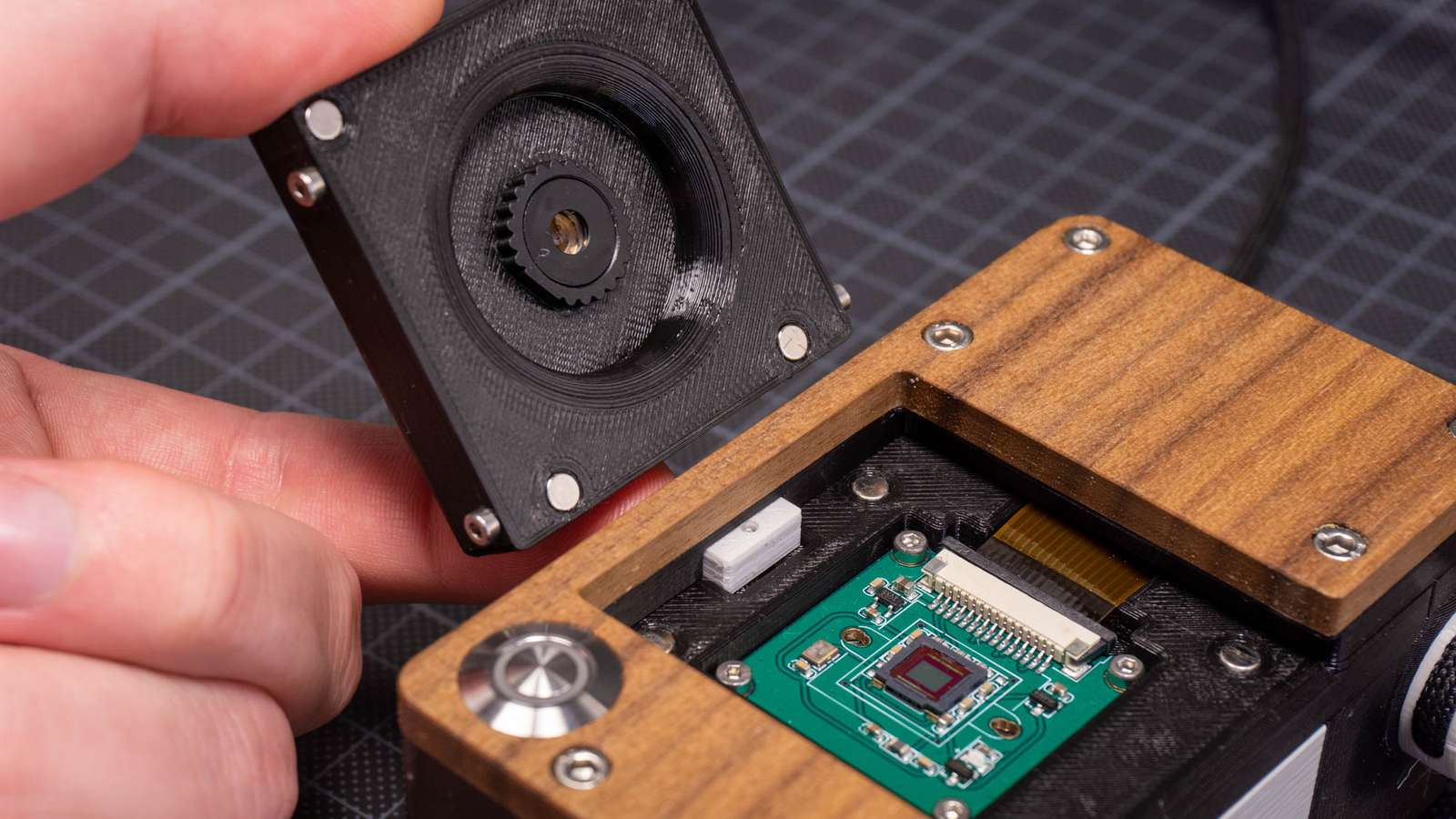
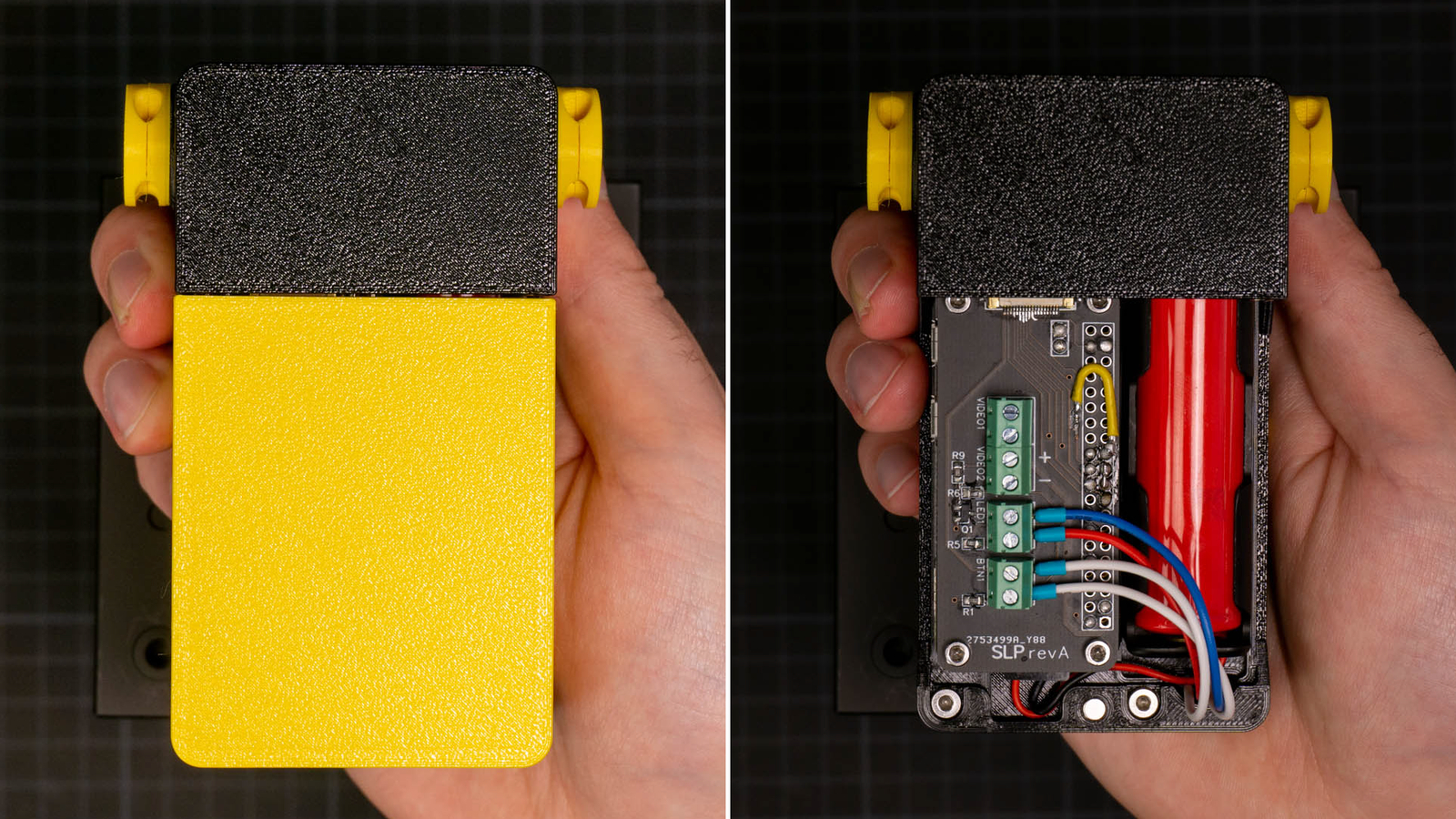
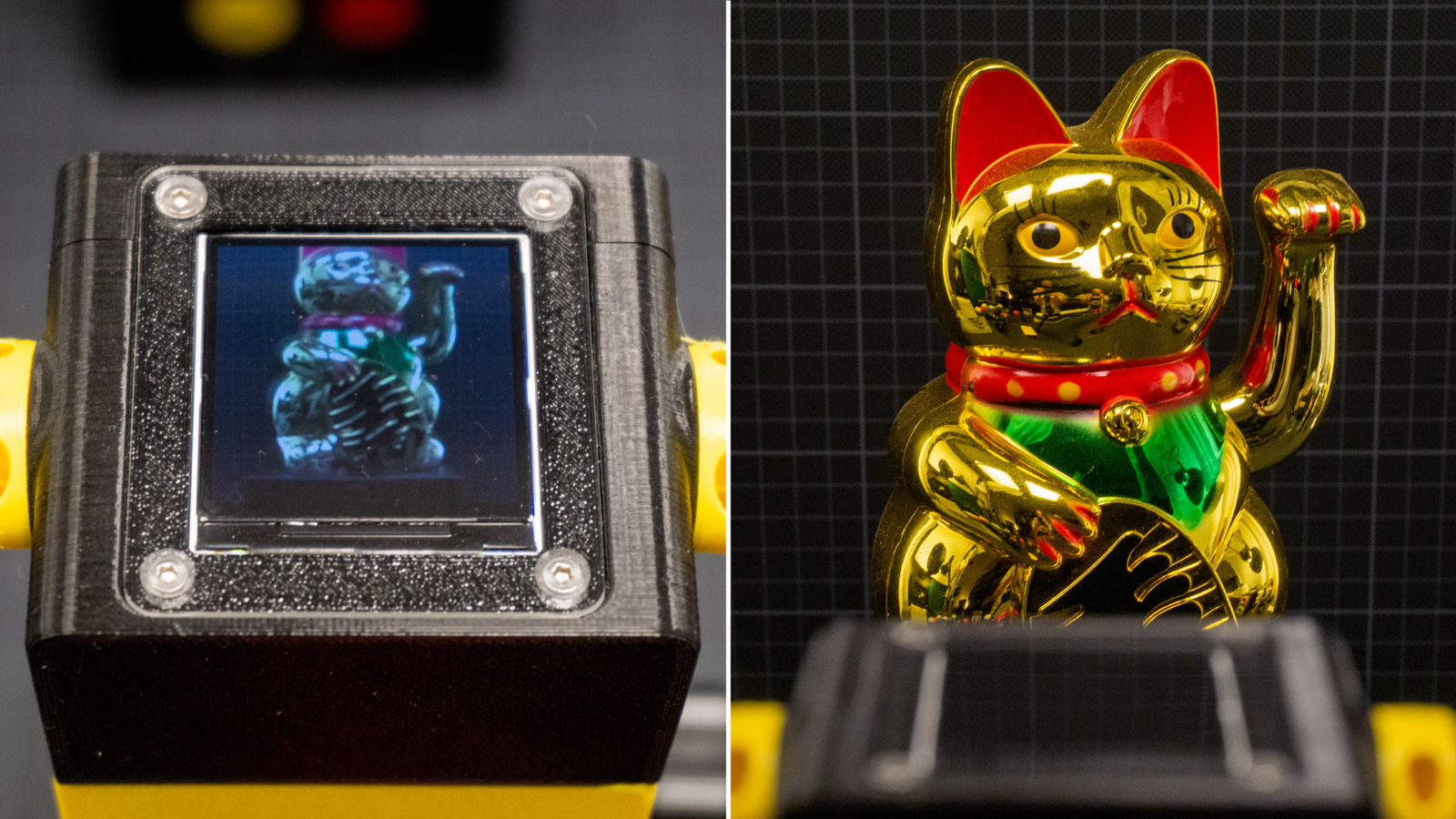
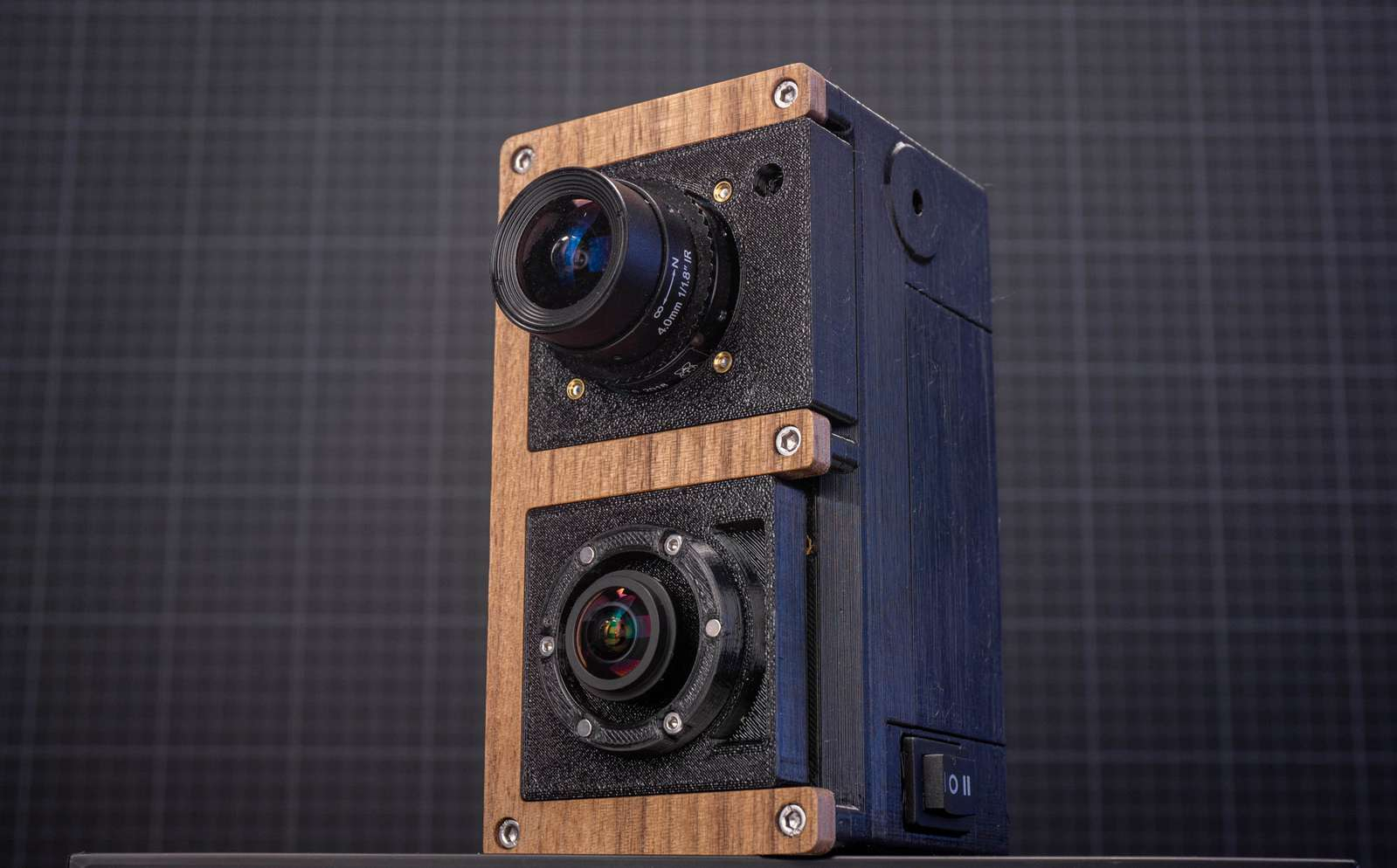
The cameras support a selection of custom lens mounts that add physical features not found on most digital cameras, including the ability to tilt back and forth or raise the camera lens up and down. These mounts make it possible to capture unique shots and make small perspective changes without moving the entire camera or making tripod adjustments.
As a bonus, Getschmann also created a dual-lens version that, as the name suggests, features two lenses on one camera. However, this camera was built to use a Compute Module 4 rather than a Raspberry Pi Zero. If you’re interested in recreating any of these Raspberry Pi projects, you’re in luck, as Getschmann has made them all 100% open source. The source code is available on GitHub, while the 3D-printable shell files can be found on his website Volzo. Be sure to follow Christopher Getschmann for updates and more cool projects.
Get Tom's Hardware's best news and in-depth reviews, straight to your inbox.
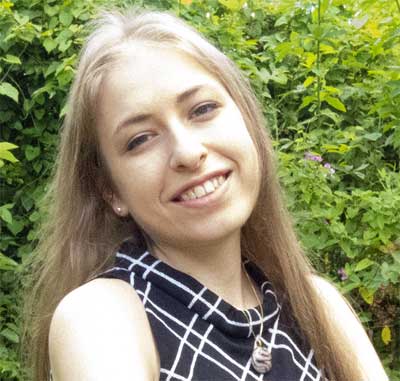
Ash Hill is a contributing writer for Tom's Hardware with a wealth of experience in the hobby electronics, 3D printing and PCs. She manages the Pi projects of the month and much of our daily Raspberry Pi reporting while also finding the best coupons and deals on all tech.
